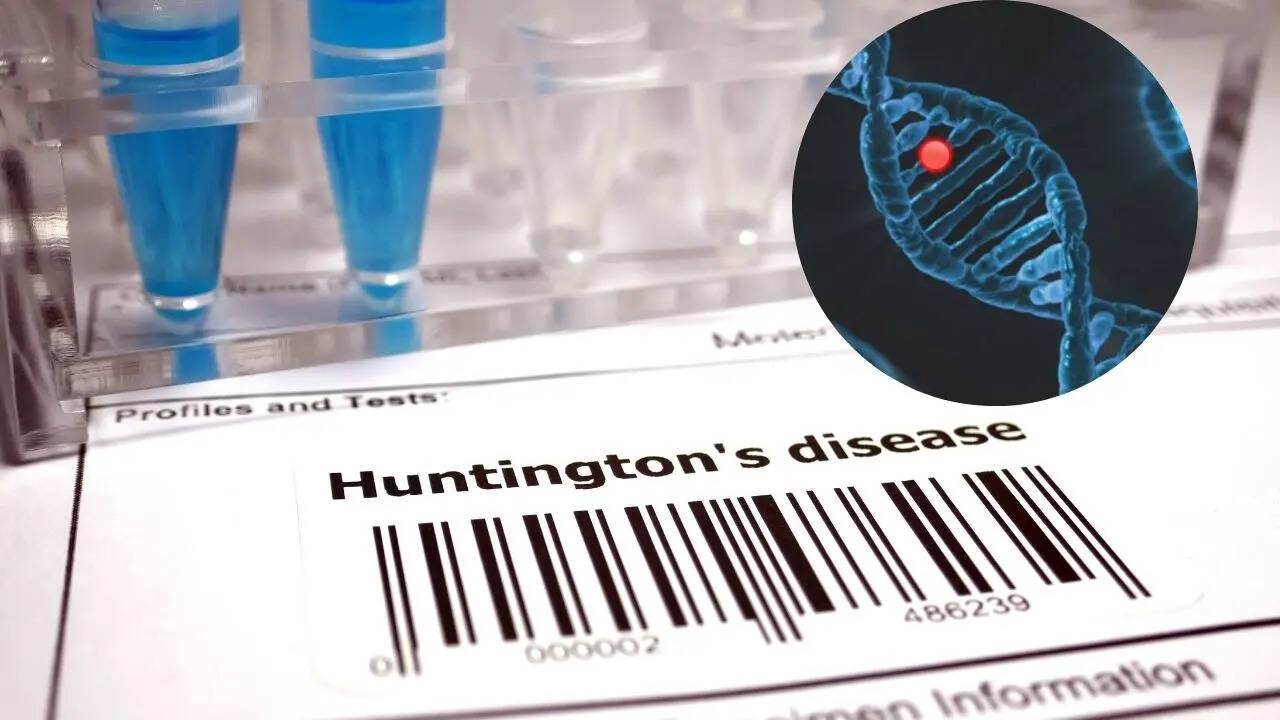Is Huntington’s Disease Genetic? Here’s Everything You Should Know

Credits: Canva
SummaryHuntington’s disease is a hereditary brain disorder that impacts movement, mood, and cognitive abilities. It gets worse over time, though recent advances in gene therapy have brought new hope for treatment. But what exactly causes Huntington’s disease? How does it develop, and can it truly be passed down through families? Here’s a closer look at everything you need to know about this complex condition.
End of Article
